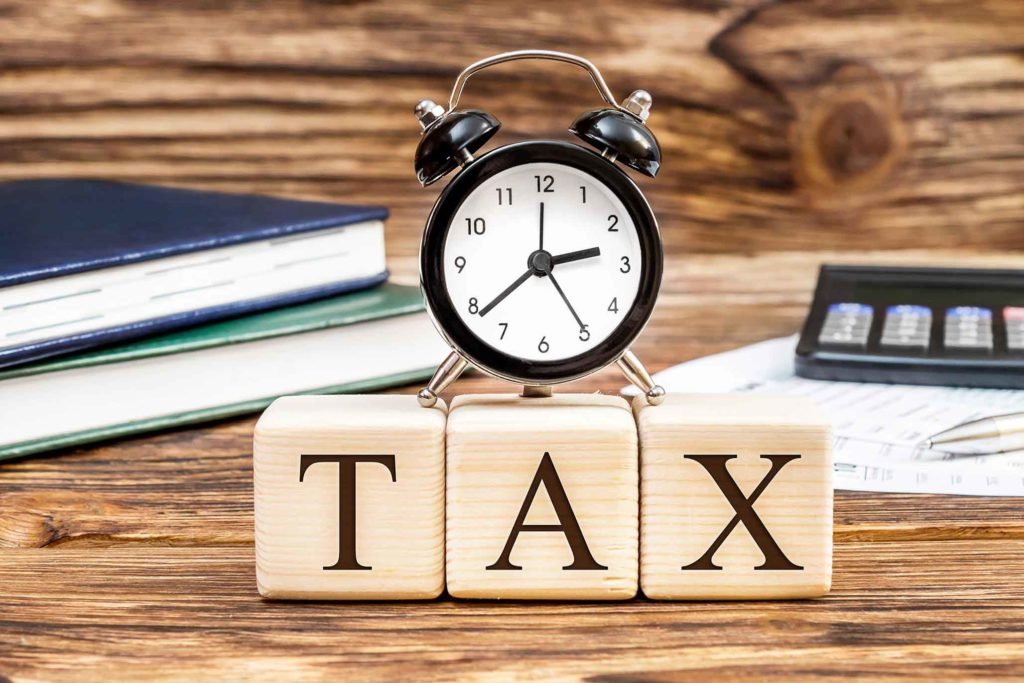Due to a move announced in the UK budget an official forecast is in the opinion that more than one million people are set to start paying income tax in the next five years. The country Chancellor Rishi Sunak stated that the threshold at which the tax starts being paid will be frozen until 2026 after a rise this April. It means nothing but a pay rise could pull people into a higher rate of tax. On the other hand, commentators have called it a hike in an individual’s tax burden “by stealth.” The chancellor said that he wanted to be honest with the British citizens about how the money would be raised to pay for support schemes during the global pandemic.
More Than One Million People Are Set To Start Paying Income Tax In The Next Five Years In The UK.
But there are signs of what will happen next and how this will affect the money in your pocket. Although it was announced in advance, like many other key measures, the extension of furlough is significant for millions of people. The scheme which pays 80% of employees’ wages for the hours they cannot work in the pandemic – has been extended until September.

Young and lower-paid people have been among the most likely to have been furloughed during the pandemic. While this is designed to protect their jobs from redundancy, many will have found that their income has been a fifth less than they had anticipated over 18 months.
The National Living Wage will rise to £8.91 from April, from £8.72. That is a 2.2% rise and will be for people aged 23 and over.
At present, people start paying 20% income tax when they earn £12,500 a year, known as the personal allowance. The starting point for paying the higher 40% rate is £50,001. These thresholds will go up to £12,570 and £50,270 in April but will then be frozen until April 2026. The Office for Budget Responsibility, the government’s official but independent forecaster, said this policy would bring 1.3 million more people into paying income tax and one million more into paying at the higher rate. This is known as fiscal drag. It said that, when taking the rise in the cost of living into account, it would effectively bring the personal allowance in 2025-2026 to the level it was in 2014-2015. The Budget documents show this hits middle to higher income earners the hardest. The policy will bring an extra £8bn a year into the Treasury coffers, compared with what it would have received if it had raised the thresholds in line with inflation. The Conservative manifesto pledged that the main rates of income tax, national insurance, and VAT would not rise, and this does not break that pledge.
Jason Hollands, from financial advisers Tilney opinioned that “The next few years will see the burden of tax on individuals rise quietly by stealth.” He also added that “But given pre-Budget fears of a potential Viking-like raid on personal wealth, middle-class Britons – particularly those with savings and investments – can sleep a little easier tonight. Supporting the statement Becky O’Connor, head of pensions and savings at Interactive Investor, said: “Freezing allowances is a back-handed way of raising taxes, as wage inflation and asset price inflation increase the number of people pushed over the thresholds at which they have to pay more tax. “Frozen allowances and thresholds have a habit of remaining fixed for many years, dragging more people into tax changes over time,” he added.